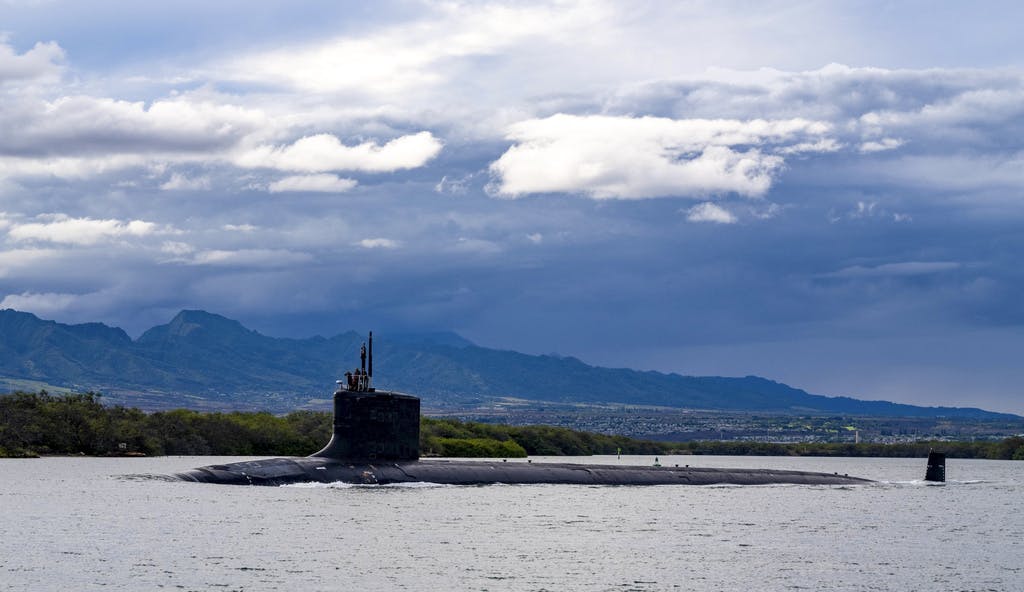
Iran Adds 7 Years to Prison Sentence for Nobel Laureate Narges Mohammadi
By SUN STAFF and ASSOCIATED PRESS
|Amid uncertainty over America coming through with promised submarines, the minister of trade at Canberra is ‘not sure’ Yanks are Australia’s ‘most trusted ally.’

Already have a subscription? Sign in to continue reading

By SUN STAFF and ASSOCIATED PRESS
|
By MATTHEW RICE
|
$0.01/day for 60 days
Cancel anytime
By continuing you agree to our Privacy Policy and Terms of Service.
By DAVID JONES